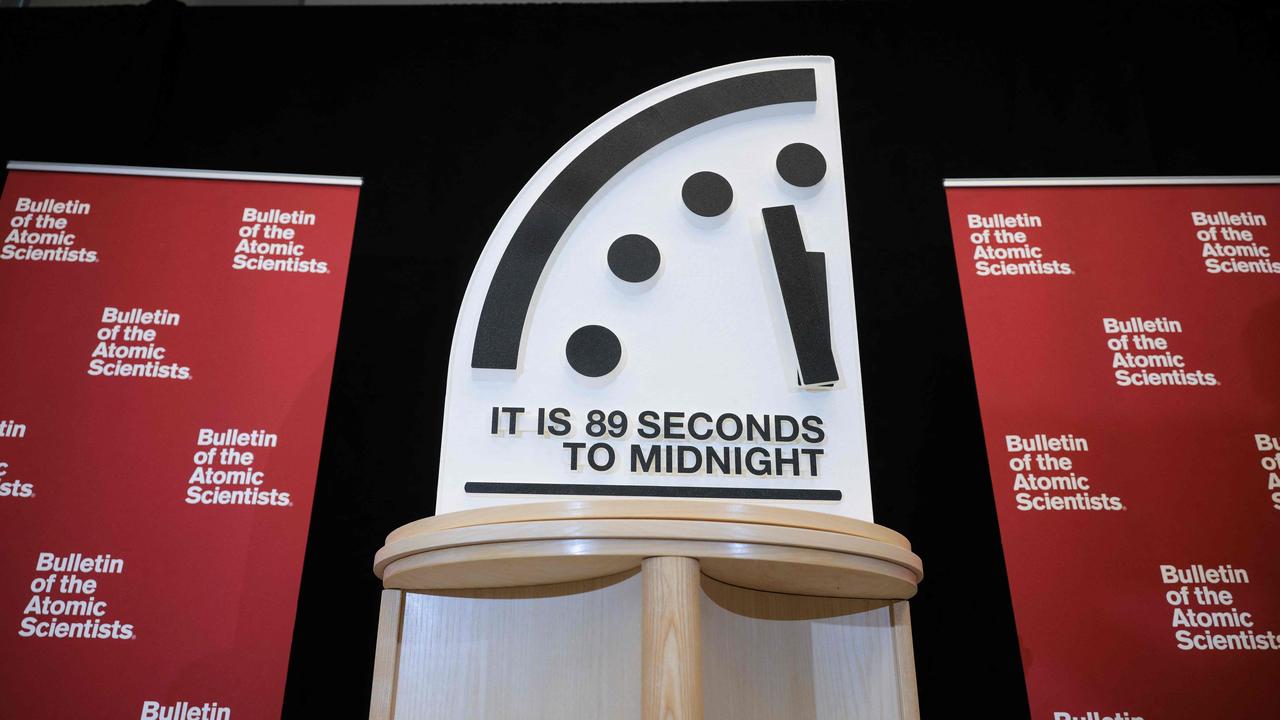Editorial: Paying for a premium
EDITORIAL: NEWSPAPERS and traditional media models throughout the world face monumental challenges. This is no secret.
Opinion
Don't miss out on the headlines from Opinion. Followed categories will be added to My News.
NEWSPAPERS and traditional media models throughout the world face monumental challenges. This is no secret.
However, despite the global challenges, the Mercury, Tasmania’s major newspaper, continues to prosper. We believe this is because at the Mercury we deliver a product Tasmanians want and need. We are immensely proud of this and are seriously committed to continuing to improve what we do.
The widespread adoption of internet services and social media in the past 10 years, however, has shaken the media industry, just as it has other businesses.
Ten years ago there were two vibrant music shops in Hobart’s Elizabeth Mall selling CDs. The city centre pumped to the rhythmic pulse of the latest hits and the staccato tap tapping of cash registers. Along came Spotify and music streaming services. Where are those Hobart CD stores now? Gone.
A similar fate has befallen small businesses that import car parts and other goods. People now order directly online and have them delivered to the door. Video and DVD stores have closed or scaled down. Many business models have been undermined.
The Mercury has been challenged like all newspapers, but remains one of the nation’s best performing. We are determined to keep doing so.
The Washington Post, the great vessel of investigative journalism that broke the Watergate scandal in 1972, has suffered severe declines in print sales, dropping 37 per cent in the past five years. TheNew York Times and all the world’s most respected news and investigation outlets have been dealt a blow.
Why? Because some people prefer to get their news for free online. That is the other side of the story. While print circulations have fallen globally, news websites of these same mastheads have soared.
Mercury columnist Jan Davis has explained this phenomenon in her Talking Point articles. Despite Australian consumers saying they want high-quality, clean and green food and drinks, when they go in a supermarket most buy on price alone. It is a fact.
The same type of scenario can be overlaid on the media industry. Readers say they want high-quality news reporting and investigations, but many go online where they can get information for free.
It is a conundrum.
Media groups around the world are racing to find a model to allow them to keep providing resources for investigative reporting like that by The Washington Post reporter Bob Woodward when he exposed US President Richard Nixon more than 40 years ago and to have more valuable exposes such as those by the Mercury political team about concerns over the use of local government expenses in Tasmania.
At the Mercury we want you to continue to be able to read in-depth articles, such as those in TasWeekend, whose fascinating probe into forestry in Tasmania appears online today. We value the great work done by the Sunday Tasmanian team.
But we need to pay for it, we need to fund our journalism to enable us to keep a sharp focus on local affairs. It is no longer an option to simply give it away.


